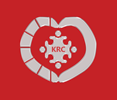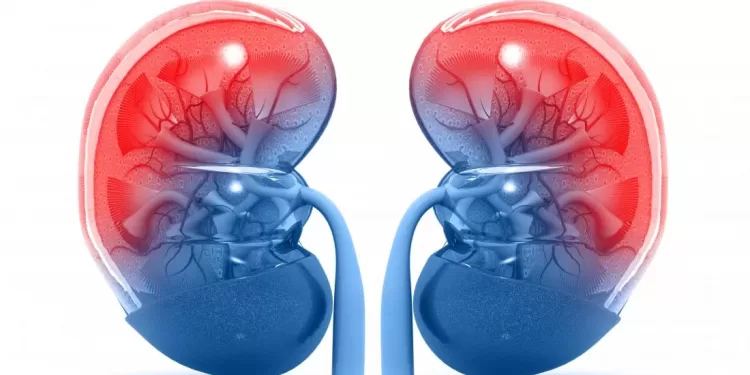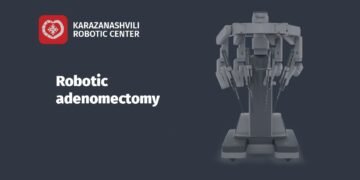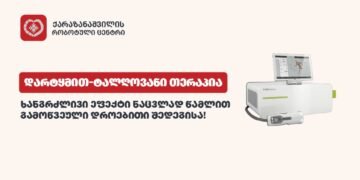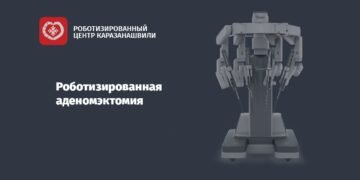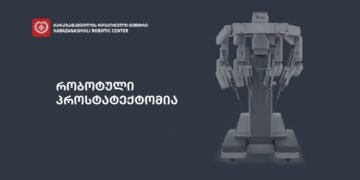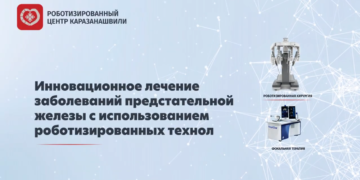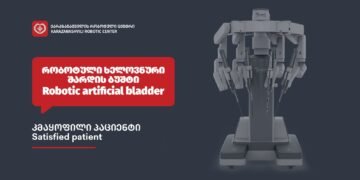Kidney pain – If you’re experiencing pain in the upper lower back area, it might be caused by the kidney. The kidney is a bean-shaped, paired organ located in the lower back region. The left kidney is slightly longer than the right one.
The kidney is a vital organ that removes excess fluid from the body and is responsible for filtering the blood, as well as maintaining the proper balance of fluids and electrolytes in the body.
Kidney pain can indicate certain medical conditions. There are several possible causes of the pain:
- Urinary tract infection (UTI)
- Kidney infection
- Polycystic kidney disease (kidney cysts)
- Blood clot in the kidney
- Kidney bleeding
- Renal vein thrombosis
- Kidney stones
- Pyelonephritis
Urinary tract infection (UTI) – A urinary tract infection is an infectious disease that affects the kidneys, bladder, or urethra.
The most common type of UTI is infectious cystitis, which is caused by a bacterial infection of the bladder.
Kidney infection – A kidney infection may be caused by a kidney stone or a structural abnormality of the urinary system.
Impaired drainage and blockage of urine flow can allow bacteria to enter the kidney, and the body can no longer eliminate them through urine.
Any disruption in the flow of urine can lead to the development of an infectious process and its spread to other parts of the urinary tract.
Kidney cyst – is one of the possible causes of impaired kidney function.
It is often discovered incidentally during an ultrasound examination.
A cyst is generally a benign formation that contains a fluid-filled cavity.
Kidney stones – Crystals that form in the kidney can, over time, accumulate and merge to form a solid, stone-like mass known as a kidney stone.
Among other factors, the formation of kidney stones is promoted by inadequate fluid intake, genetic predisposition, certain types of medications, elevated levels of uric acid in the blood, and more.
Once a stone forms in the kidney, your body attempts to expel it.
This means that the stone often travels through the urinary tract (kidneys, ureters, bladder, urethra).
Urolithiasis (kidney stone disease) typically causes symptoms when the stone starts to move — a process known as “passing a stone.”
This leads to pain in the lower back area, known as renal colic. The pain becomes especially intense and unbearable when the stone gets stuck in the ureter and obstructs the flow of urine.
Renal colic can sometimes be so severe that it’s often compared to the pain of childbirth.
Pyelonephritis – Doctors unanimously agree that pyelonephritis is one of the most common pathologies of the kidneys.
It is an infectious disease that affects one of the most vital organs in the human body – the kidneys.
The disease can affect individuals of any age and both genders; however, specialists believe it is most commonly found in children under the age of 7.
Pain caused by kidney issues can radiate to other areas of the body. These include the lower back, buttocks, thighs, and abdomen.
As mentioned earlier, the kidneys are one of the vital organs in the body, so in the case of such pain, you should immediately consult a doctor.
Karazanashvili Robotic Center offers the treatment of kidney diseases using methods that meet international standards
